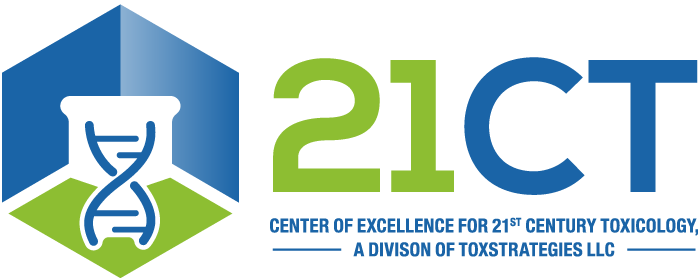Lansita J, Mease KM, Qiu H, Yednock T, Sankaranarayanan S, Kramer S. 2017. Nonclinical development of ANX005: A humanized anti-Clq antibody for treatment of autoimmune and neurodegenerative diseases. Int J Toxicol 1-14. DOI: 10.1177/1091581817740873.
Abstract
ANX005 is a humanized immunoglobulin G4 recombinant antibody against C1q that inhibits its function as the initiating molecule of the classical complement cascade. The safety and tolerability of ANX005 are currently being evaluated in a phase I trial in healthy volunteers (www.clinicaltrials.gov Identifier: NCT03010046). Inhibition of C1q can be applied therapeutically in a broad spectrum of diseases, including acute antibody-mediated autoimmune disease, such as Guillain-Barre´ syndrome (GBS), and in chronic diseases of the central nervous system involving complement-mediated neurodegeneration, such as Alzheimer’s disease (AD). To support the clinical development of ANX005, several studies were conducted to assess the pharmacology, pharma-cokinetics, and potential toxicity of ANX005. ANX-M1, the murine precursor of ANX005, functionally inhibits the classical complement cascade both in vitro and in vivo, to protect against disease pathology in mouse models of GBS and AD. Toxicology studies with ANX005, itself, showed that intravenous administration once weekly for 4 weeks was well tolerated in rats and monkeys, with no treatment-related adverse findings. Serum levels of ANX005 in monkeys correlate with a reduction in free C1q levels both in the serum and in the cerebrospinal fluid. In summary, ANX005 has shown proof of concept in in vitro and in vivo nonclinical pharmacology models, with no toxicity in the 4-week repeat-dose studies in rats and monkeys. The no observed adverse effect level was 200 mg/kg/dose, which is 200-fold higher than the first-in-human starting dose of 1 mg/kg in healthy volunteers.
